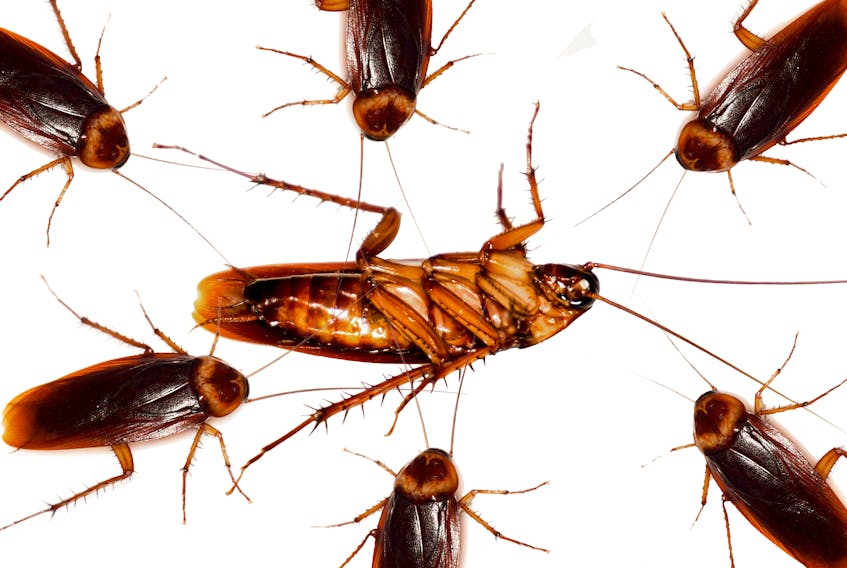I’m 56, and I’m not as flexible as I once was.
I try to make up for that with a near-irrepressible irritability, especially now that my superhero skills are limited to never sleeping through an entire night and the inexhaustible ability to worry about anything.

I’m probably not as adaptable as I once was, either.
I say this literally from a dinosaur’s viewpoint, because, in a rapidly changing world, adaptability is where it’s going to be at.
This week, there’s been plenty of discussion about the possibility of an impending “rat explosion” as temperatures increase in North America. Rats are prolific breeders with a fast birthrate turnaround; a rat has a gestation period of 14 days, and can reproduce when it’s only a month old. As temperatures warm, rats are poised to take advantage with rapidly growing populations. Breeding fast and in large numbers means rats might be poised to seize new environmental opportunities in North American cities.
But the potential explosion in rat numbers is only part of the fascinating world of species adaptability — and what the world might look like down the road.
And that’s where you get back to youth and adaptability — and that story stretches back to the “live fast and die young” rock stars of the ocean, the cephalopods. Research in 2016 started pointing out that those species, squid and octopi, are, like jellyfish, particularly poised to take advantage of ocean changes — precisely because their life cycle is shorter.
Meanwhile, we stagger along with lifespans that are remarkably long for animal species — even though we’ve now managed to turn start turning that clock backwards in a small way with the intervention of profit-focused drug companies and opioid addiction.
Think of it like a genetic gunshot: fire one bullet carefully from a rifle every three years or so, and you may hit a target. Fire a shotgun repeatedly, with each shell filled with 20 or more pellets, and you’ll almost certainly hit some part of the target, and probably more than just once.
The shorter and more flexible your reproductive cycle, the better equipped you are to take advantage not only of environmental opportunities, but of minute genetic modifications that might make you a more successful species in changed conditions as well. Cephalopod populations are growing in almost all oceans because of that pair of adaptabilities.
Meanwhile, we stagger along with lifespans that are remarkably long for animal species — even though we’ve now managed to turn start turning that clock backwards in a small way with the intervention of profit-focused drug companies and opioid addiction.
“But look at the Japanese squid problem,” you might say. Last week, there was news that Japan is suffering from huge declines in flying squid, a food species that’s named for the way it can use jets of water to shoot into the air. But the shortage is double-faceted: there’s both an overfishing problem, and an environmental one, because the surface of the Sea of Japan has warmed by 1.7 degrees in the last century.
But it’s also actually an example of the ability to modify to fit your environment. The squid have also moved north and modified their behaviour. Unless they’re fished out, they will continue to reap the benefit — as a species, at least — of having shorter individual lifespans.
A future world filled with rats and cockroaches, oceans full of squid, octopi and vast swathes of jellyfish? Oh, and did I mention huge increases in opportunity-seizing crop pests and deep-water purple sea urchins called “the cockroaches of the sea”?
Sounds like the basis for a whizz-bang of a dystopian video game.
At 56 years in, I’ve learned one thing: the world’s likely to win, even if humans don’t.
I’m unlikely to be around long enough to have to adapt to that.
Russell Wangersky’s column appears in 36 SaltWire newspapers and websites in Atlantic Canada. He’s watching from the porch, so you should stay off of his lawn. He can be reached at [email protected] — Twitter: @wangersky.









